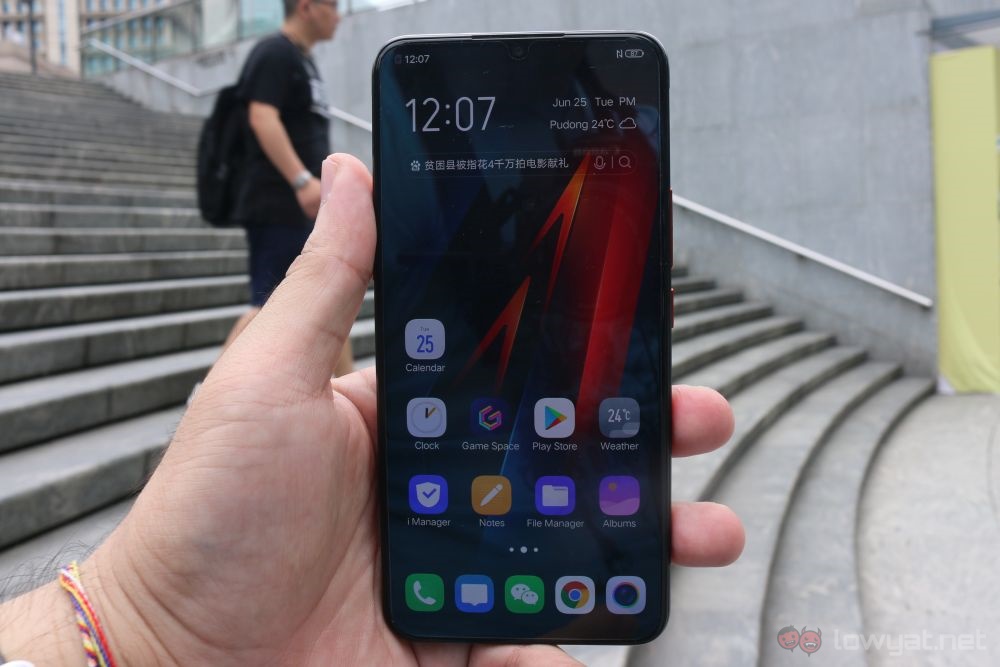Earlier in March, Vivo launched the iQoo, its gaming sub-brand and first gaming phone. It hasn’t made its way to Malaysia just yet, but I’ve had a bit of time with the phone, and here’s what I thought of it.
At first glance, there’s nothing much to tell the iQoo apart from any other phone. It comes with a 6.41-inch Full HD+ display, and there’s a water-drop notch for the front-facing camera. Round the back, there’s the camera bump containing the 12MP main shooter, a 13MP wide-angle camera, and a 2MP depth sensor. So far, all is quite familiar.
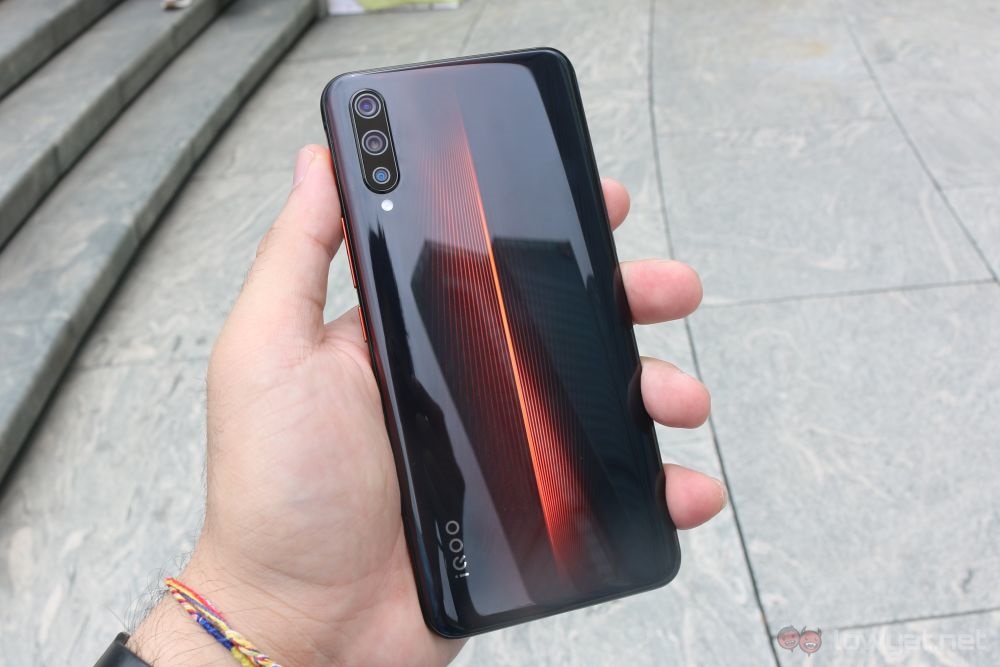
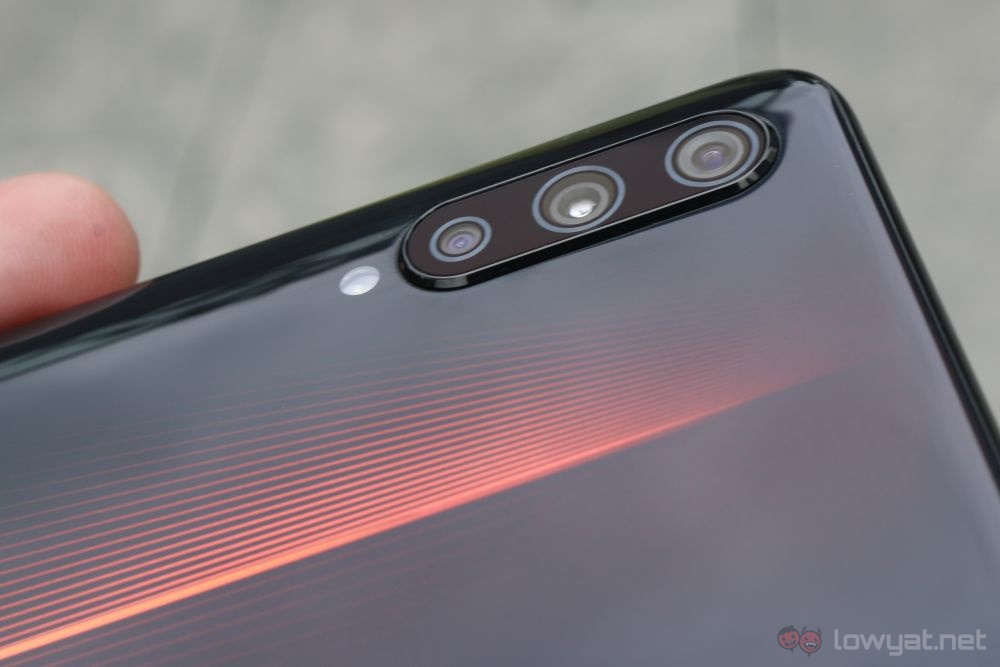
That said, the devil is in the details, and especially so for a gaming smartphone. And the first bit of this is the display itself, which has a 90Hz refresh rate. While the benefit of this is certainly meant to be used while playing games, the increased smoothness during general use is undeniable.
The next thing you’ll notice that makes the iQoo different to the others is on the right side of the phone. Aside from the usual power button and volume rocker, there are also two pressure sensitive buttons on each end, similar in function to the Air Triggers found on the ASUS ROG Phone.
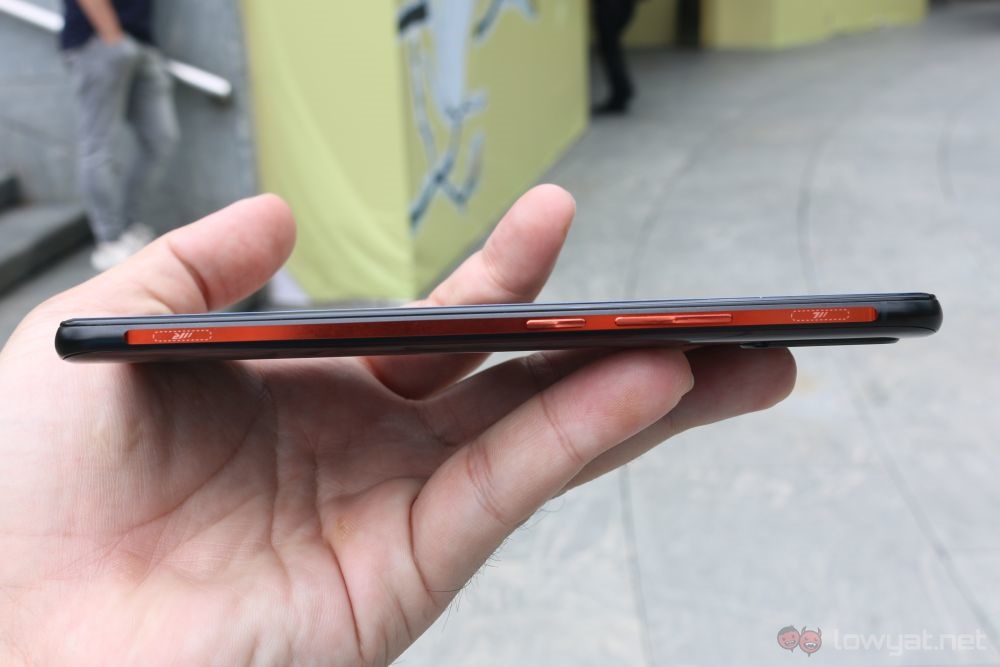
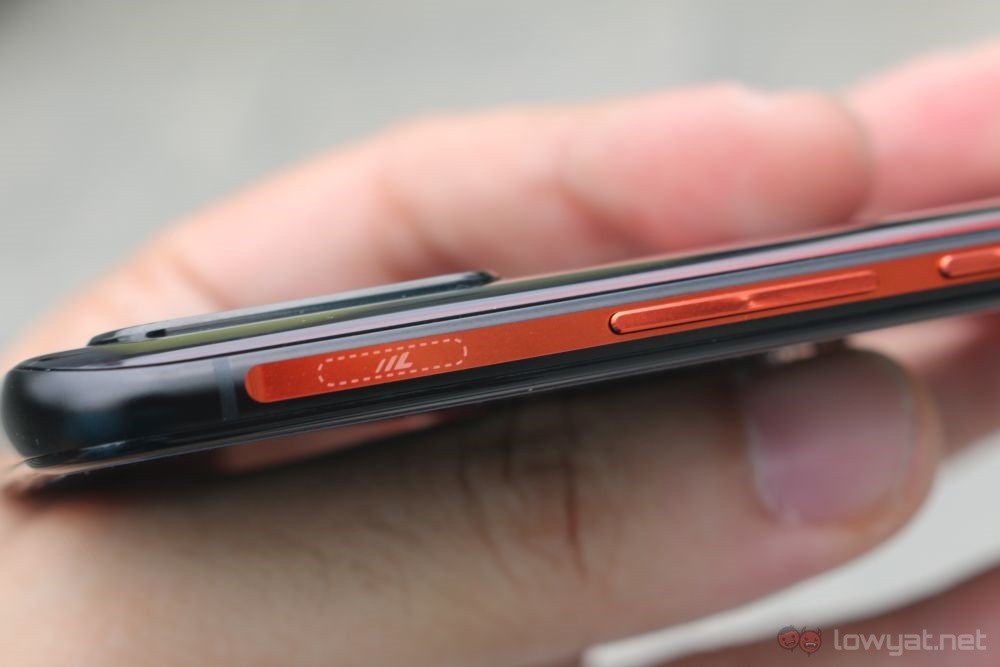
Almost the entirety of the sides are dipped in a little. While this is likely made so that it’s easier to press the pressure sensitive buttons, it also makes for a better grip when holding the phone as well. On the left, there’s an additional button for quick access to the AI assistant of your choice. This is much like what you’ll find on the V15 Pro. There are no Air Trigger-esque buttons here, but the sides are dipped as well.
And like most gaming phones out there, it would have some element on it that attracts attention. This role falls to the stripe you see on the back. It lights up when the phone is being charged, or when you’re paying games on it. You can also customise it to glow with any colour of the rainbow.
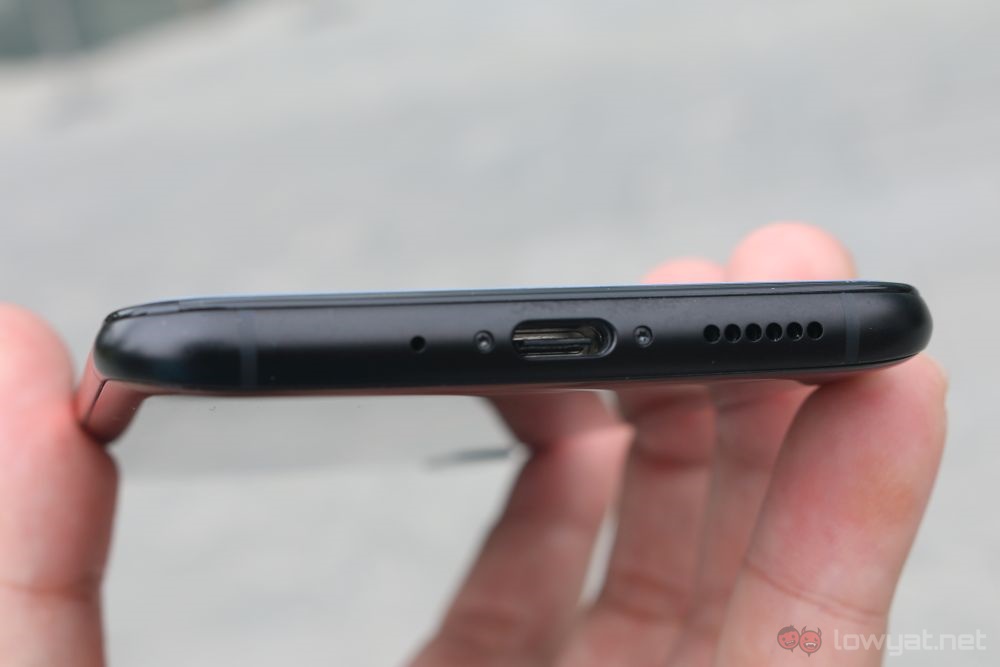
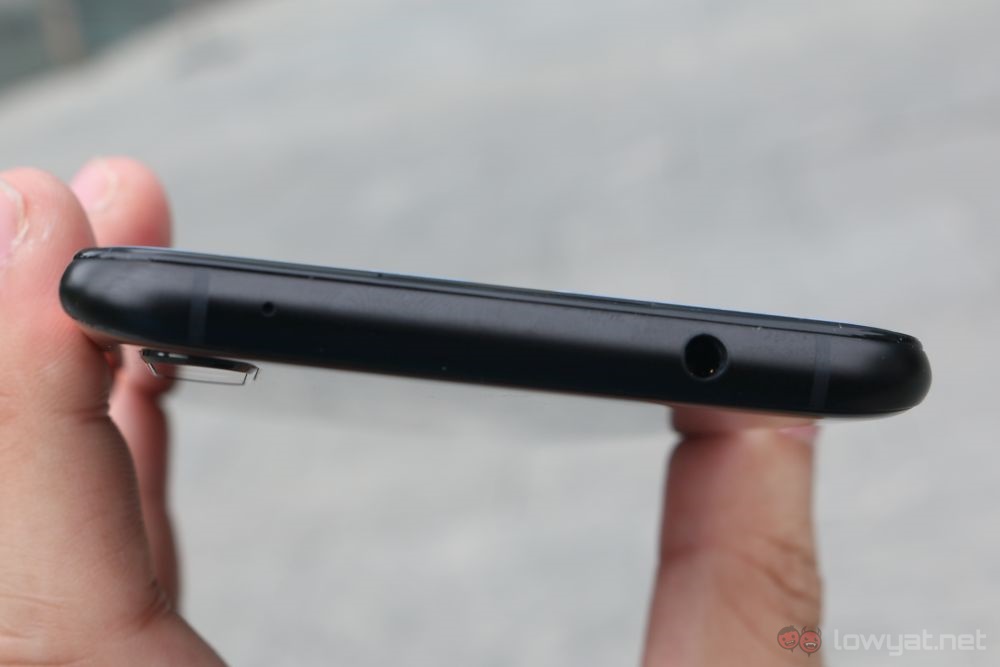
At the bottom, you have the USB-C charging port, and at the top, there’s the 3.5mm audio jack. The latter is really nice, considering its increasing rarity. The former also supports fast charging, but unfortunately I didn’t get much time to actually measure its performance.
While not exactly the focus of the iQoo, we did take the camera for a quick spin. And as you’d expect with most phones these days, it comes with plenty of different modes at your disposal. Also, considering that the wide-angle camera has a slightly higher pixel count than the main camera, it does retain a fair amount of detail.
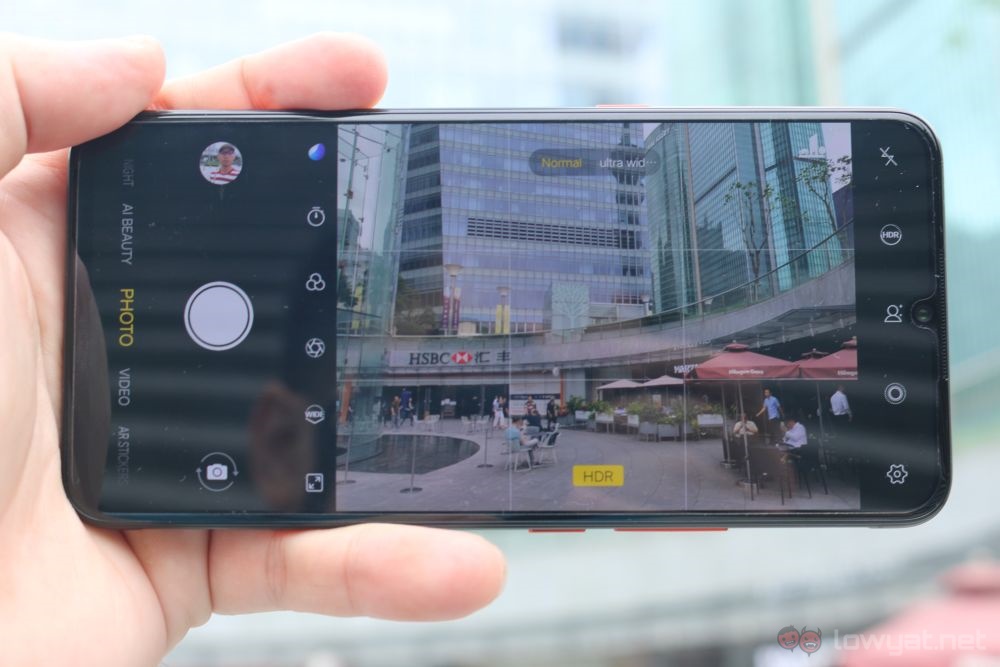
As for the main camera, it’s really good wit detail retention itself. The colours are pretty accurate as well. Auto HDR also kicks in to make the shots vivid, and you can turn it off if it’s not something you like. Sadly, that’s all I could tell about it, in the short period of time that I had it.
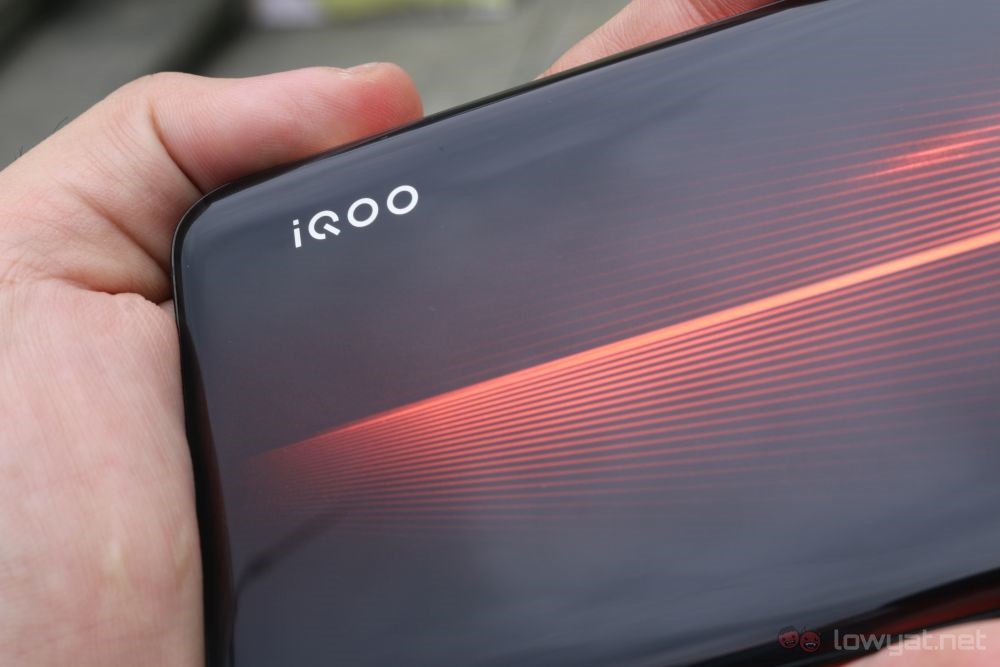
At the time of writing, there’s still no indication if the iQoo is a phone that will come to Malaysia. It was announced quite awhile ago, but there is always hope that it will eventually make its way here. Until then, we can have our fingers crossed.
Follow us on Instagram, Facebook, Twitter or Telegram for more updates and breaking news.

